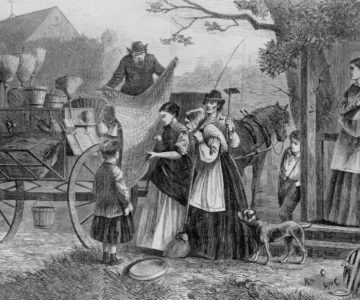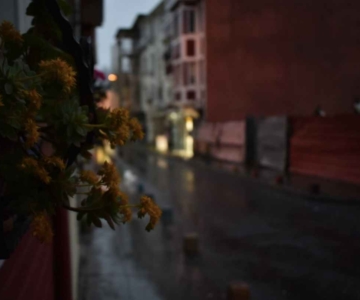Ferit Edgü had this book published in 1977. The novel is told through the language of an orphaned teacher in a remote village.
Is it madness after ignoring your past?
Should we say it’s okay if it happens or not anymore, to every stirrings of life?
How far should one be content with what one has?
In what way should one embrace what is human?
Ferit Edgü asks many more questions.
This is a story of life in a dream. It is a narrative as if to say that we are living this life, but know that what we have is emptiness.
It is so original in every aspect…
We are greeted by a narration without a recipe. Experts tell us the rules necessary for the emergence of literature. The author gives their answer in the book. “As we can see, not enough space was given to details, nor to descriptions,” he says in the language of his narrator. But we are in such a universe that we are not looking for such long descriptions and details in a magical realm expressed in the fewest possible words.
The language is simple. But each word, each sentence follows the next like embroidery. Only as many sentences as necessary, only as many dreams as necessary, only as many events as necessary.
We read short dialogues and sometimes no dialogues in this book. Just when some issues are about to be clarified, the narrator says that maybe it wasn’t like that. We start thinking about the other possibility.
We find ourselves wandering between delusions in life.
How sure can one be of a river, of a life?
Don’t we know that doubt will gnaw us in the place where we are most sure that life has happened, and we will accompany our sensations with the questions “Is this what I want? Am I sure of the world I have created, the world that surrounds me?”.
A teacher is also a mute in this book. He has not found his language. In the universe in which he wanders, he exists with uncertainty and the least possible communication.
Halit comes along, a stranger like him. Maybe he is a murderer. We don’t know. We cannot be sure whether Halit will send her to her sea, to her dreams or whether he has put an end to her dreams. Life makes us intuit the truth but never gives us a complete answer. We see this with Halit. Just like in life, Halit’s reality leaves the reader in doubt, even though the signs always lead to the same conclusion.
The reality of a distant village is laid before us in this story. Babies die, people are desperate. Sorrow takes over the peaks. A teacher is orphaned. He tries to survive only by writing.
Children… They are the most invisible. They are in their own world. The most innocent.
Sometimes we are under the snow. We are with a teacher, a former sailor who tries to remember his past through letters from an unknown lover, through what others say. He thinks so; that he is an old sailor.
He will not know whether he has ever lived or not.
In such a magical realm, I had the feeling that this book was written by the teacher, the narrator of the book. I must direct all my praise and thanks to him.
The teacher was a real person, so much so that he was a real person, as he narrated the back and forth between dream and reality.
A teacher, an agnosticism… That talisman in the essence of life, embroidered with the question of what is real. Hakkâri’de Bir Mevsim (A Season in Hakkâri) is the narrative of a life that is born and ends in our minds. I will end describing this magnificent book with a few sentences from the book, but now literature has taken on a completely different color for me. A warm spring wind gently moves the tulle, the sun accompanies the breeze… A feeling that makes you say, “I’ve got it, I shouldn’t let it go” settles inside you. This book is that feeling for me. With respect…
“Thank God, I had a dreamless, torture-free, deep sleep.
It’s like having experienced absence.”
“Get up from your bed, pick up a pen and write about those who died without living.”




